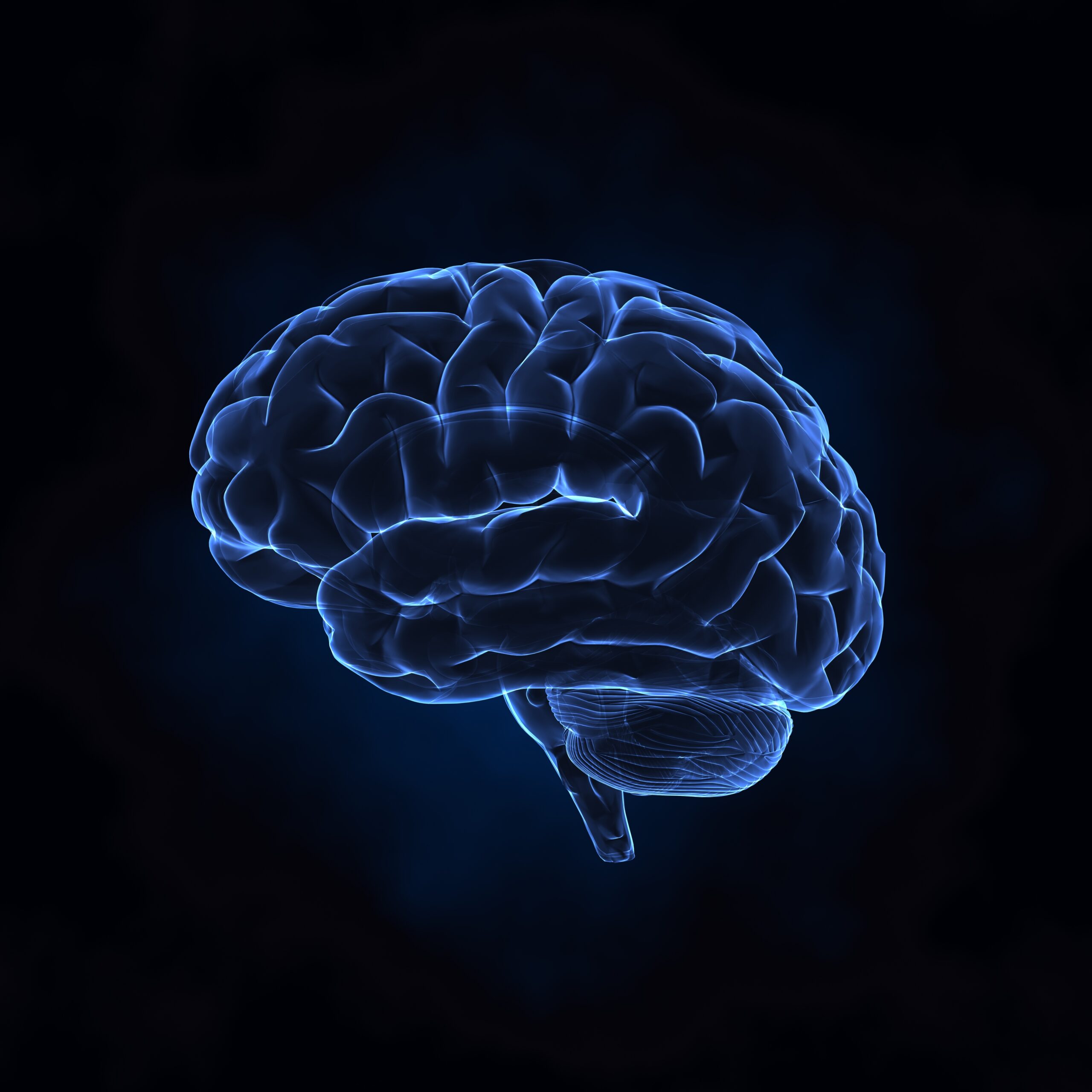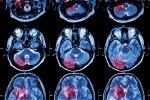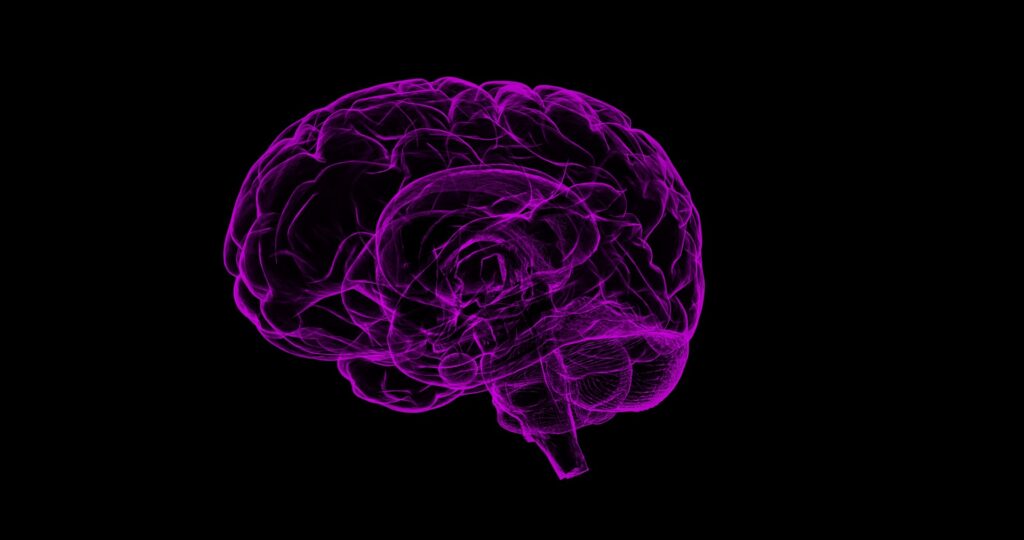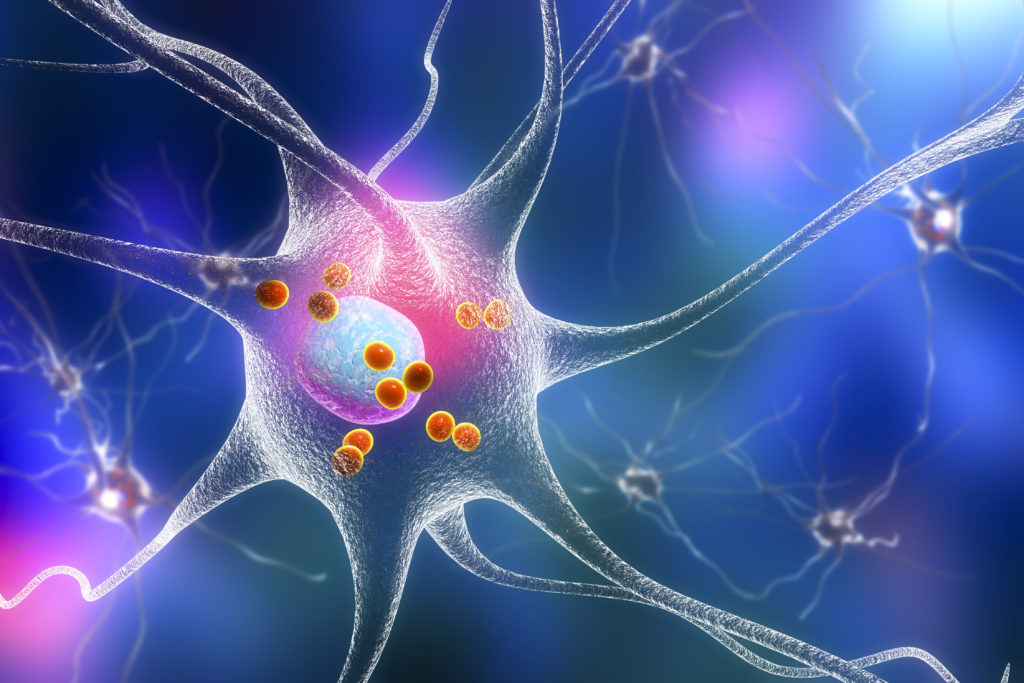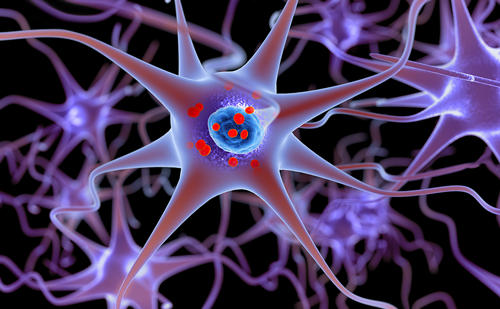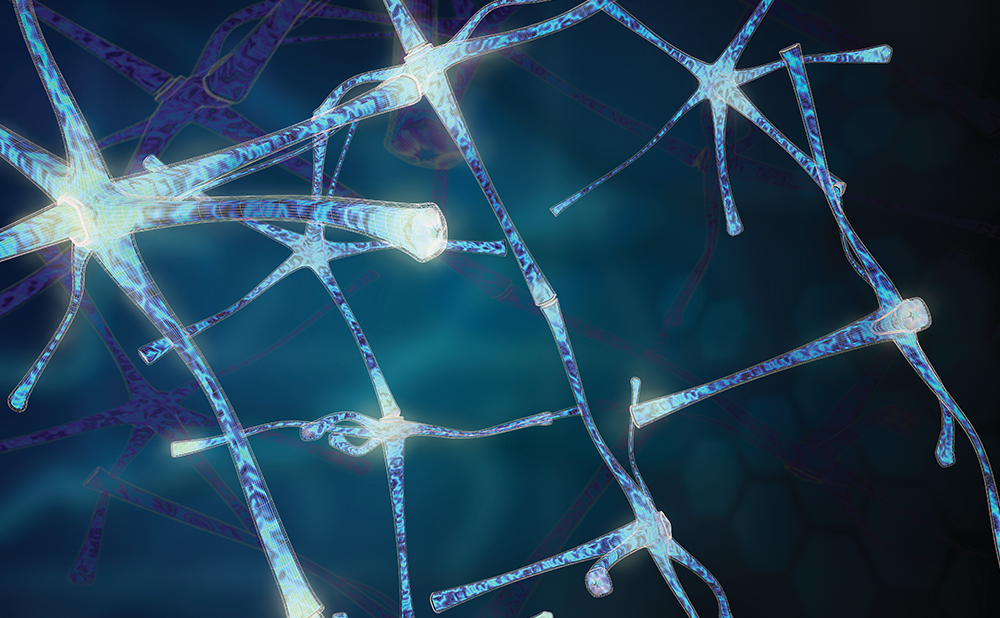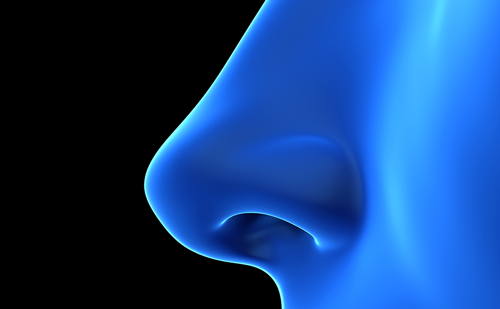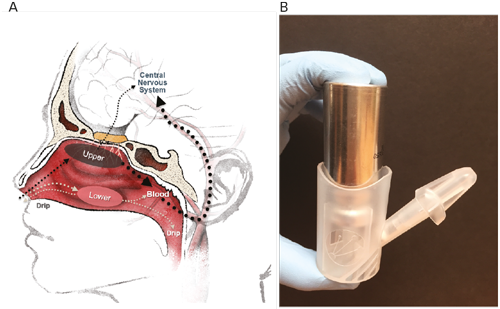Welcome to the latest edition of European Neurological Review, which features a diverse range of articles covering new developments in neurological disease. We begin with one of our popular expert interviews on the subject of headache disorders. Nunu Lund presents some fascinating new insights into cluster headache. Later in the journal, Kainth et al. present their findings from a study investigating access to specialist care among migraine patients in six countries.
Our first two review articles feature two of the most common neurological diseases. Sudden unexpected death in epilepsy (SUDEP) is the most common cause of epilepsy-related death and represents a substantial health burden. Ryvlin et al. review the latest research on the prevention of SUDEP. The availability of monoclonal antibody (MAb) therapy has transformed treatment outcomes in multiple sclerosis (MS), but their efficacy must be balanced against the potential for adverse events. In a review, Scalfari and Muraro describe the currently approved MAbs and discuss how their use may be optimised.
While most neurologists encounter patients with epilepsy and MS on a regular basis, it is also important to maintain our awareness of some less common neurological disorders. Myasthenia gravis is a rare but devastating autoimmune neuromuscular disorder that leads to skeletal muscle weakness and fatigue. Saiju Jacob reviews the current and therapeutic options for this condition. Behçet’s disease is an inflammatory multisystem disorder that may have a number of presenting symptoms. It is important that neurologists are aware of its neurological manifestations, as these can be mistaken for other neuroinflammatory disorders. Together with Ozyurt et al., I am delighted to have participated in a review of neuro-Behçet’s disease and its differential diagnosis.
Mixed dementias (typically comprising Alzheimer’s dementia associated with cerebral amyloid angiopathy, cerebral arteriosclerotic micro-angiopathy and Lewy body disease) are under-recognised by neurologists. Editorial board member Jacques De Reuck presents data from an original research study with 7.0-tesla magnetic resonance imaging, that provides new insights into these dementias.
Case reports are an important feature of scientific journals as they can raise awareness of rare side effects of commonly used medications, as well as complications of common conditions. Levetiracetam is one of the most commonly used anti-epileptic drugs because of its excellent efficacy and safety. Mena-Martin et al. present a case of acute kidney injury and creatine kinase elevation in a patient who began treatment with levetiracetam. In addition, Purbasara and Kurniawan discuss the relatively uncommon phenomenon of herpes zoster radiculopathy, which may occur in a number of neurologic disorders. Finally, Santos et al. discuss a case of Charles Bonnet Syndrome is a rare cause of complex visual hallucinations in patients presenting with stroke.
European Neurological Review would like to thank all authors who contributed their expertise towards this edition. A special thanks goes to our Editorial Board for their continuing support and guidance. Thanks also go to all organisations and media partners for their ongoing support. We hope that you will find these thought-provoking articles interesting and useful.

